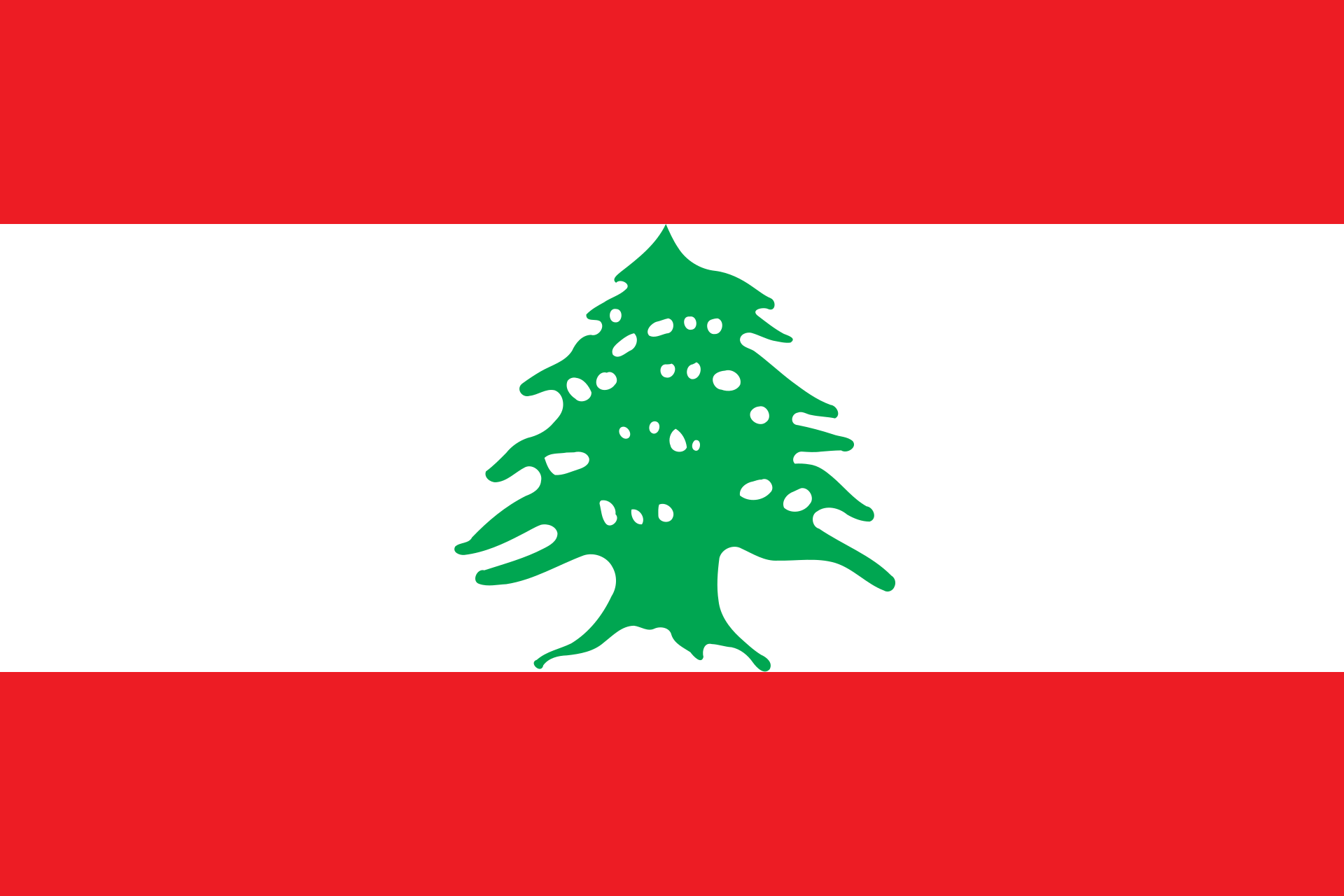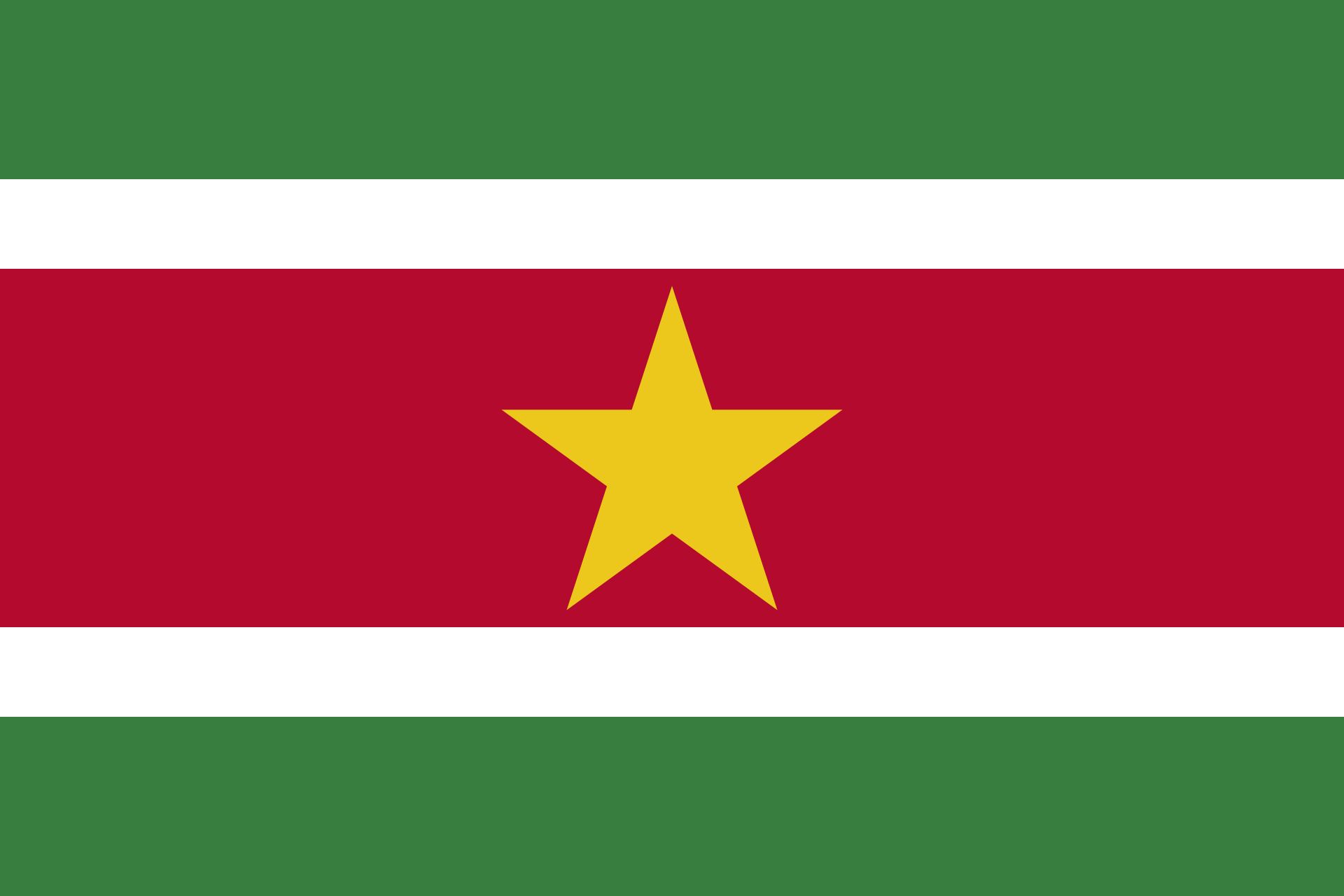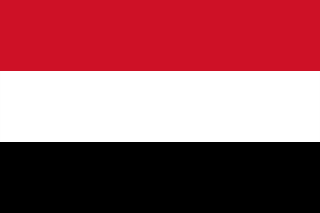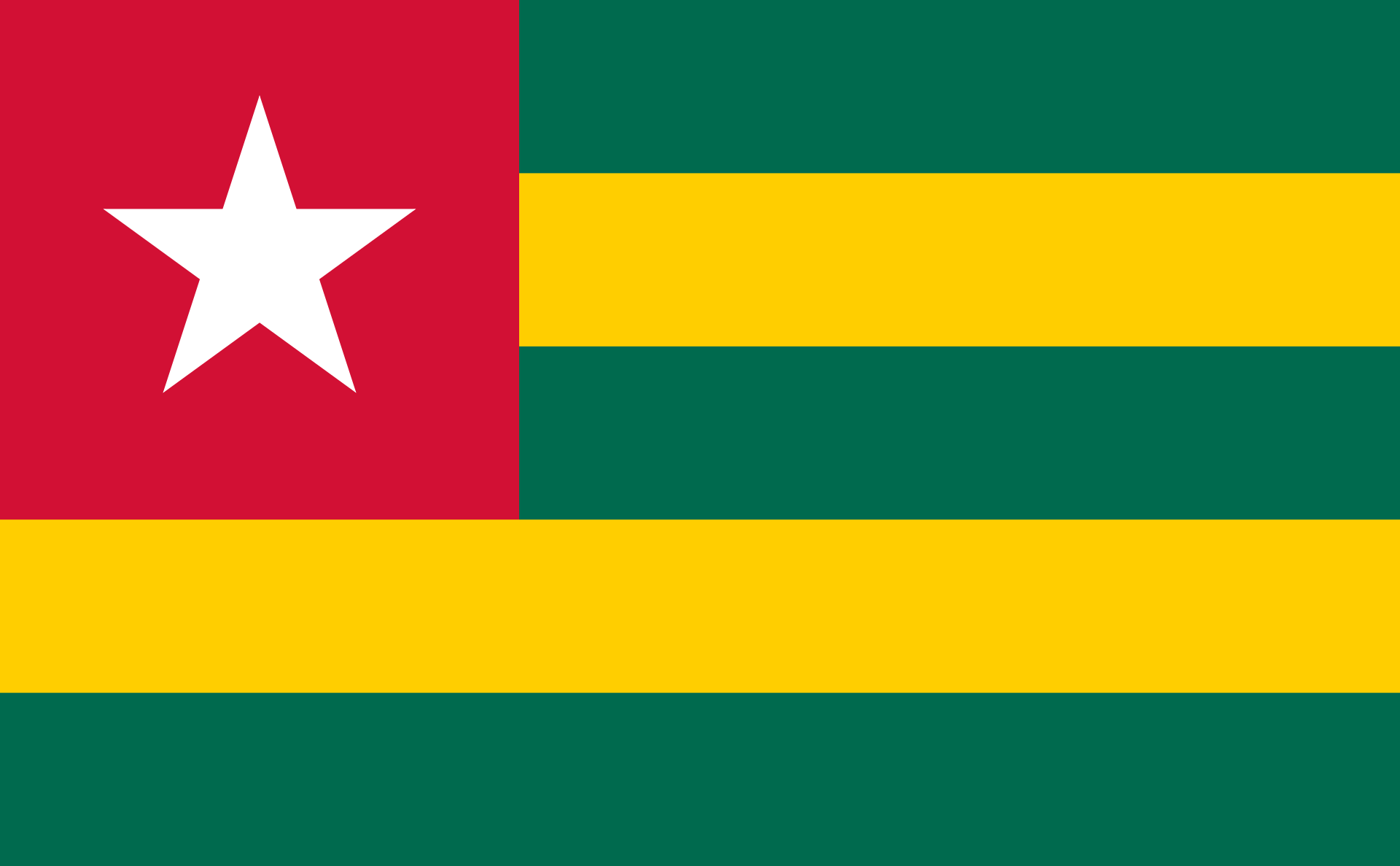Population
6,859,408
Last updated:
1 NovArea
10,452 km2
Last updated:
1 NovCurrency
Lebanese pound (LBP)
Last updated:
1 NovOfficial Language
Arabic
Last updated:
1 NovPhone code number
+961
Last updated:
1 NovInternet TLD
lb
Last updated:
1 NovAverage monthly salary
2,480 $
Last updated:
1 NovTotal millionaires
14,750 persons
Last updated:
1 NovTotal billionaires
6 persons
Last updated:
1 NovMilitary power
Passport rank
107
Last updated:
1 NovVisa free
41 country
Last updated:
1 NovReligions in Lebanon
Islam
*28.7% Sunni
*28.4% Shi'a
*0.6% Other
(Alawite & Ismaili)
Christianity
*22% Maronite Catholic
*8% Greek Orthodox
*5% Melkite Catholic
*4% Armenian
(Apostolic & Catholic)
*1% Minorities
(Jacobite, Syriac Catholic, ACOE, Chaldean, Latin Catholic, and Coptic)
*1% Evangelical
Druzism
*5.2% Druze
Info about Lebanon (History)
Lebanon is a country in West Asia. It is located between Syria to the north and east, Israel to the south, and Cyprus to the west beyond the Mediterranean Sea. Located at the intersection of the Mediterranean Basin and the Arabian hinterland, it contributes to its rich history and forms the cultural identity of religious diversity. Lebanon has a population of about 6 million and an area of 10,452 square kilometers (4,036 square miles), making it one of the smallest countries in the world. The official language of the state is Arabic, but French is also officially recognized. The Lebanese Arabic dialect is used nationwide along with modern standard Arabic.
The earliest evidence of Lebanese civilization dates back more than 7,000 years and dates back to recorded history. Phoenicians lived in modern Lebanon. The Phoenicians are a maritime culture that flourished almost 3000 years (c. 3200-539 BC). In 64 B.C.E., the Roman Empire conquered the region and eventually became one of the empire's major Christian centers. The range of Mount Lebanon saw the emergence of a monastery tradition known as the Malonite Church. During the early Arab Muslims' conquest of the region, the Maronites retained their religion and identity. However, a new religious group known as the Druze sect eventually settled on Mount Lebanon, creating a centuries-old religious division. During the Crusaders, the Maronites reestablished contact with the Roman Catholic Church and insisted on fellowship with Rome.
Lebanon was conquered by the Ottoman Empire in the 16th century and remained under its control for the next 400 years. After the collapse of the empire after World War I, the five Ottoman Empires that make up modern Lebanon were placed under the French Mandate for Syria and Lebanon, under which Greater Lebanon, the predecessor of French rule, was established. it was done. Following the invasion and occupation of the French Third Republic by Nazi Germany during World War II, French rule over the region weakened. Upon gaining independence from Free France in 1943, Lebanon established its own sectarian government, with the state's major religious departments assigning specific political powers. Lebanon was initially relatively stable. This stability was short-lived and was eventually shattered by the outbreak of large-scale battles between various political factions and denominations during the Lebanese Civil War (1975-1990). During this time, Lebanon was also exposed to overlapping foreign military occupations by Syria from 1976 to 2005 and Israel from 1985 to 2000. Since the end of the war, great efforts have been made to revive the economy and rebuild national infrastructure.
Lebanon is a developing country, ranked 92nd in the Human Development Index and one of the highest in the Arab world, except for the oil-rich economy of the Persian Gulf. It is classified as one of the top middle-income countries. However, Lebanon's liquidity crisis, corruption, and recent events have caused currency collapse, political instability, widespread shortages, high unemployment and poverty. Despite the small size of the country, Lebanese culture is famous both in the Middle East and around the world and is largely supported by its extensive diaspora. Lebanon is a founding member of the United Nations and a member of the Arab League, Non-Aligned Movement, Organization of Islamic Cooperation and Francophony International Organization.
Important information about Lebanon
1- What is the population of Lebanon?
answer: The total population of Lebanon is 6,859,408 in 2021.
2- Who is the president of Lebanon?
answer: Michel Aoun is the current president of Lebanon.
3- What is the area of Lebanon?
answer: The total area of Lebanon is 10,452 km2 .
4- What is the official language of Lebanon?
answer: The official language of Lebanon is Arabic .
5- What is the currency of Lebanon?
answer: The currency of Lebanon is Lebanese pound (LBP) .
6- How much is the average salary in Lebanon?
answer: The average salary in Lebanon is 2480$ in 2021.
7- What is the passport rank of Lebanon?
answer: The passport rank of Lebanon is 107 in 2021.
8- How many countries we can travel with passport of Lebanon without visa?
answer: You can travel to 41 countries with passport of Lebanon .
9- What is the phone number code of Lebanon?
answer: The phone number code of Lebanon is +961 .
10- What is internet TLD of Lebanon?
answer: The internet TLD of Lebanon is lb
11- How many billionaires are in Lebanon?
answer: The total number of billionaires in Lebanon is " 6 person" in 2021.
12- How many millionaires are in Lebanon?
answer: The total number of millionaires in Lebanon is " 14,750 person" in 2021.





